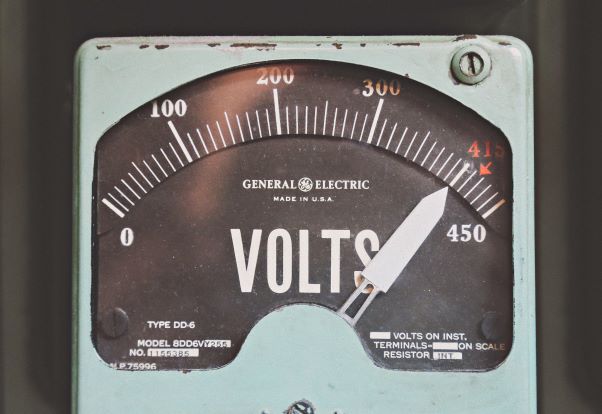 A battery converts chemical energy to electrical energy. How it does this is one of the mysteries explained by Chemistry... or fairies!
A battery converts chemical energy to electrical energy. How it does this is one of the mysteries explained by Chemistry... or fairies!
The electrical energy produced per unit charge is known as electromotive force. Be warned: while this sounds like it should be measured in newtons, electromotive force is dimensionally equivalent to potential difference, measured in volts. Let's stick to calling it "EMF".
In a battery, chemical energy separates charged particles. This creates a potential difference across its ends. The amount of energy per unit charge is the EMF.
NB: If you were to connect a voltmeter across the battery while a current is flowing, the terminal potential difference would be less than the EMF. This is because some of the electrical energy produced is converted into thermal energy due to internal resistance.
How much of Electromotive force (EMF) have you understood?


 Twitter
Twitter  Facebook
Facebook  LinkedIn
LinkedIn